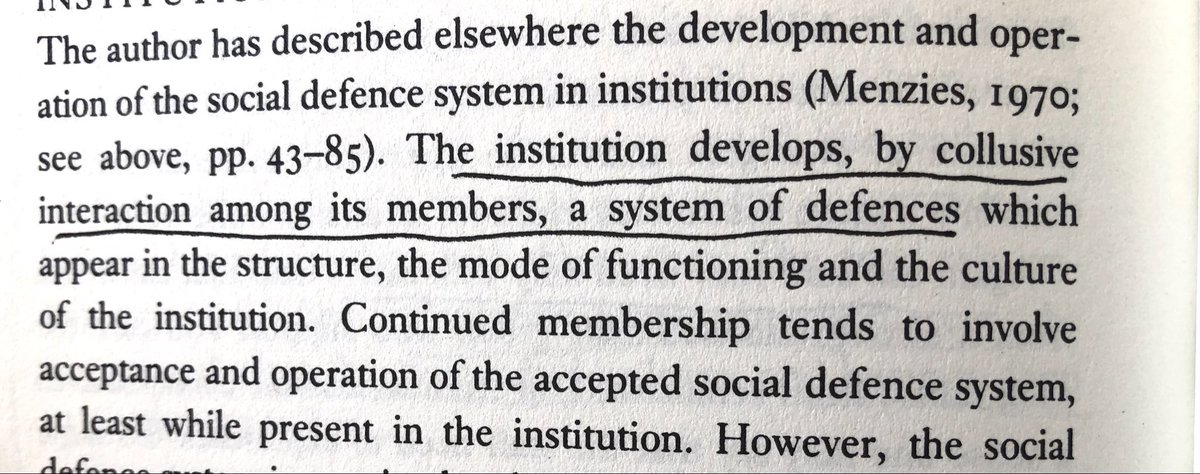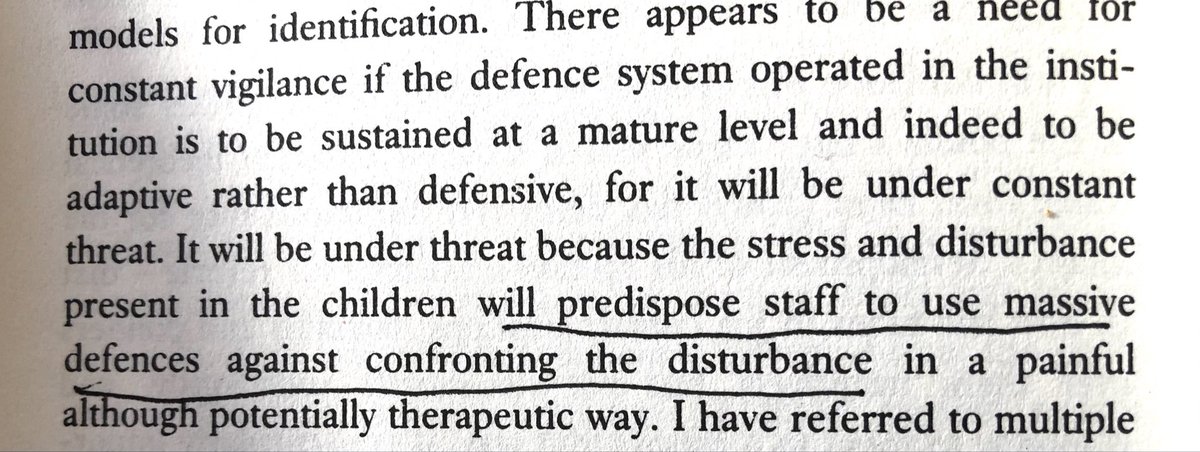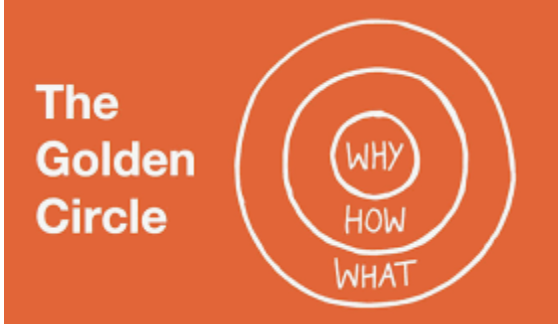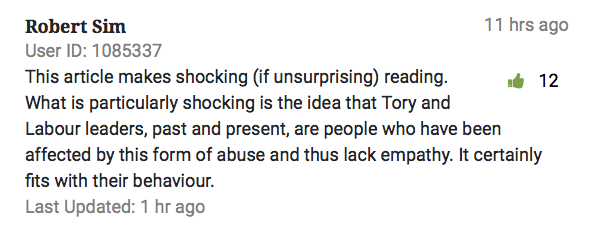
A traumatised young woman gives birth alone in a prison cell. The baby dies. She cuddles the baby all night, alone, blood on the floor. HOW? How can we possibly make sense of such horror? A THREAD.
2. If you have not heard this terrible story, it is (rightly) all over social media. And the news. It was one of the stories on @BBCr4today this morn. I turned it off, feeling sick. I couldn’t think more about her terror.
4. How are we to make sense of this horrific situation? Many of us talk of trauma these days. Did the staff not understand trauma? Would that hv helped? Some wd say you just needed to understand kindness. How cd you leave a pregnant woman so alone? It can feel incomprehensible.
5. When something becomes incomprehensible, it is easy to resort to blame. Especially in Britain. We love the Blame Solution. If we just identify the incompetent sod who allowed X Thing to happen, we can reprimand or fire them. Problem sorted. WRONG.
6. Let me return to trauma. The trauma movemnt means many more of us talk abt trauma. But at t *individual* level. What adaptations do we make in our body to cope w/ anxiety & fear? There’s a next step we can take in our collective awarenss. How do INSTITUTIONS cope w/ anxiety?
7. The psychoanalyst Isabel Menzies Lyth focused on exactly that questn in her work. How do institutions manage anxiety? How do they help staff members w/ anxieties? What helps or prevents systems in healthily ‘containing’ anxiety? Here’s a book of Lyth’s essays, published 1988. 

8. I reached for my copy of that book this morn, as soon as I turned off the radio. I needed help with my fury & dismay & nausea that a pregnant young woman cd be left by anyone alone like this. HOW?
9. Here’s what Lyth tells us. “A social organisation is influenced by a number of factors…above all, t needs of its members to hv support in the task of dealing w/ anxiety.” It’s often unconscious. So we don’t know we feel anxiety. The institutn gives us cues on how to do that. 

10. “The institution develops, by collusive interaction among its members, a SYSTEM OF DEFENCES which appear in the structure, the mode of functioning & the culture of the institution.” 

11. “”[Traumatised ppl] will predispose staff to use massive [unconscious] defences against confrontng the disturbances caused by their stress levels.” In short: institutns are *responsible* for helpng staff cope w/ the unconscious emotional pressures that come w/ relatng to ppl. 

12. The staff perceived this young woman as 'difficult' and as having 'a bad attitude'. That is an example of the anxiety. The prison system will have shaped staff's ability to think that. Or to think beyond that. That is Lyth's point. theguardian.com/society/2021/s…
13. If we are to have a trauma-informed society and trauma-informed systems, then it is time we stopped thinking only about trauma at the individual level. We are going to have to get interested in how institutions function, in how their culture shapes how they confront anxiety.
14. Lyth did her work in hospitals, childrn's nurseries, schools for childrn w/ behavioural problems, social work provision, in Cot Units for babies. ALL THESE INSTITUTIONS & more handle anxiety. Yes, nurseries! Do we ever talk abt that in Early Years? Nope. We talk abt learning.
15. Lyth is not the only one trying to get us to think about systems. So is @jjfreydcourage , who talks about 'institutional betrayal'. And Sandra Bloom, who talks about how institutions & organisations can 'create sanctuary'. blackwells.co.uk/bookshop/produ…
16. All ths week on @teacherhugradio , I hv been talkng abt boarding school, w/ colleagues @SimonPartridge & @realdcameron . Guess what? Those are INSTITUTIONS who hv been lousy (toxic!) in containg staff or childrn's anxiety, defences, boundaries. Childrn are damaged. For life. 

17. Journalist @NeilMackay of @heraldscotland has written extensively of how the shockingly poor management of defences & anxiety in boarding school allowed children in those schools to be horrendously abusive & violent to one another. heraldscotland.com/news/19529579.…
18. If we do not get interested in how institutions function - in how they manage unconscious anxieties - then we will never address the trauma woven throughout our society. We will just continue to blame individuals & hope that'll do the trick. It won't.
19. I know it's hard. I know it's distasteful. "WHAT? You want me to get INTERESTED in how this horror occur? You want me to be CURIOUS instead of just outraged? Are you serious?"
Yes. I'm serious.
Yes. I'm serious.
20/end. A young woman gave birth alone. She bit through t umbilical cord. She cuddled her dead baby all night, under t duvet. The staff member who arrived in t morning was shocked.
It could easily happen again tomorrow. Unless we get CURIOUS about awful things.
Yes, I'm serious.
It could easily happen again tomorrow. Unless we get CURIOUS about awful things.
Yes, I'm serious.
@trauma_lawyer @TraumaAwareLaw @paulinescott222 @pauldixtweets @KeeganSmith_Law @JANEOROURKE @Bowlby_Centre @johnharris1969 @ScotSentencing @AlexJODonnell @MINDinMIND_iv @FdeZulueta
What does a trauma-informed nursery look like? It’s not just the kids. It means looking at how t nursry culture helps staff be in touch with their own emotions. @paulinescott222 @LullabyLaneMiln @JKnussen @esmsedinburgh @LynburnNurture @Acorn_Childcare @BigNursery @LauraHAllain
• • •
Missing some Tweet in this thread? You can try to
force a refresh









